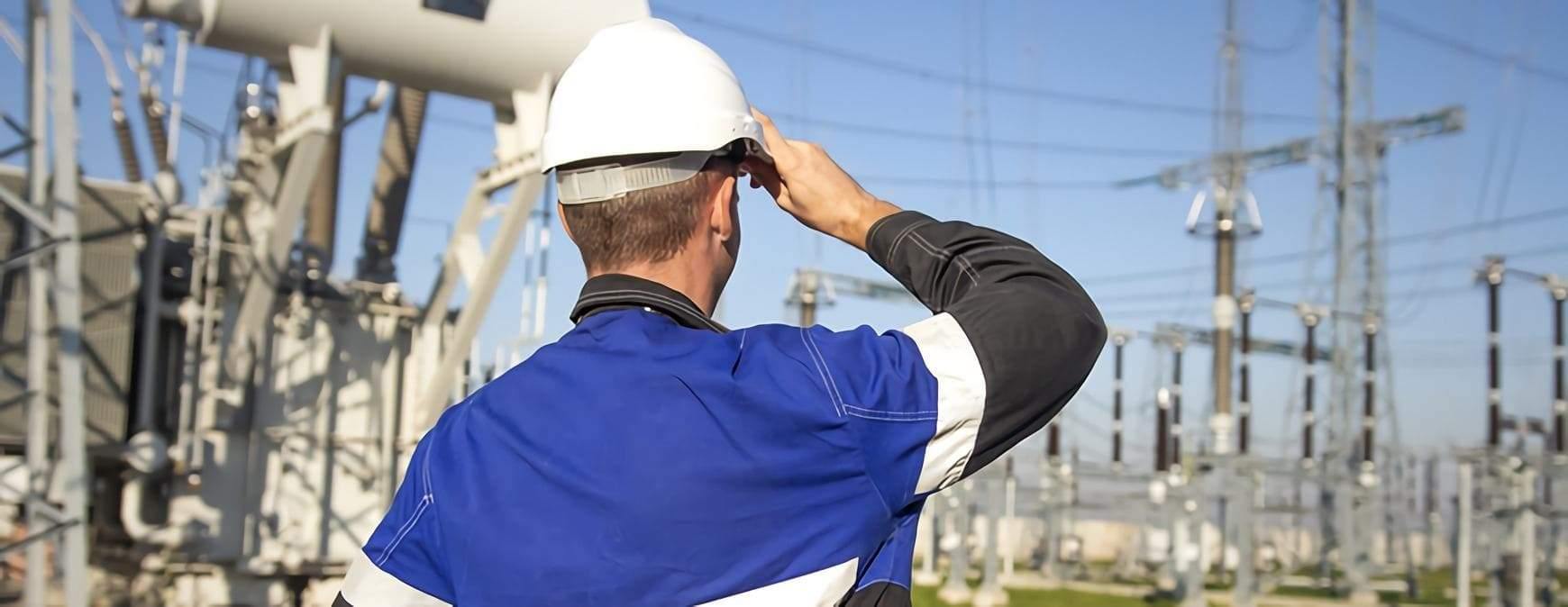Your Cart is Empty
Free shipping over 12.99 丨 30-Day Money-Back Guarantee 丨shipping: 2-3Days
Free shipping over 12.99 丨 30-Day Money-Back Guarantee 丨shipping: 2-3Days

Electrical breakdowns happen naturally. Most of the time, fixing them requires an experienced expert. As time passes, skilled electricians help solve this problem. You can also learn how to become an electrician electrician in order to serve your community.
This article will basically show you how to become a skilled electrician. However, it will also highlight the key areas and requirements of this job description. The following table of contents will give you a deeper understanding of what you will learn from this article.

An electrician is a professional with knowledge of the quality of installation and repair of electrical systems, whether it be light bulbs, transformers, etc.
As professionals, their work requires a high level of attention to detail. You need to be very careful so that you don't get two wires tangled up that will eventually cause a fire.
Before you can become an electrician, you must undergo a series of training.
The difference between a home electrician and other electricians is that a home electrician works primarily inside a home. To become a home electrician, it is vital that you have a thorough understanding of commercial electrical and spend time working on various projects in the electrical industry. Taking a training course can help you by teaching you about circuit wiring and electrical installation. Understanding building codes, how to replace electrical components and how to identify unsafe electrical situations can help you become a home electrician.
Someone may decide to become a home electrician because they enjoy the company of people, technology and machinery. One of the most interesting aspects of pursuing a career as an electrician is the opportunity to design electrical systems that can really light up someone's house. People hire electricians for a variety of reasons. For a home electrician, many clients hire him or her to rewire a home, create electrical circuits, repair wires and cables, and assist with major home renovation projects.
Home electricians perform manual labor, including working on floors, stairs and under house walls. Therefore, having some carpentry experience is a good idea. General construction skills can help an electrician overcome obstacles, such as removing plaster, electrical outlets, flooring and other building materials that keep him from getting the job done.
Electricity can be deadly, so it's important for home electricians to find classes and programs that teach proper wire handling. An electrician needs to have excellent technical skills so that he can get the job done without hurting himself, and it is important that he stays up to date on the latest electronics and systems. Many states and regions require a license to become a home electrician. In some states in the United States, an electrician must obtain a minimum of 8,000 hours of apprenticeship service to be licensed.
Taking the journey to become an electrician requires you to start and complete an apprenticeship program.
The apprenticeship program is a practical, theoretical training that involves approximately 700-1,000 hours of classroom work. Typically, you spend about 5-6 years in this supervised on-the-job training.
For many people, they prefer to get a diploma or associate degree in electrical engineering to make up for the lack of classroom work. The only thing they need to focus on is on-the-job training.
Many organizations can provide you with an apprenticeship program for electricians and electricians.
After completing an apprenticeship program, you must also obtain a license. Without a license, you will not be able to effectively practice as a skilled electrician.
Licensing for this career path varies from state to state.
For example, in order to qualify for the qualifying exam, Texas requires that candidates for its Temporary Erector license must have up to 7,000 hours of training through an apprenticeship program (approved by the Department of Labor) or have nearly four years of temporary experience as a lineman in an electric utility, electric cooperative, municipal corporation, or as an electrical contractor.
Similarly, applicants for a skilled worker electrician license in Colorado must have at least 8,000 hours (not less than four years of earnings) of experience in electrical, light, heat and power electrical construction. It is important to note that more than 3,000 of these hours must be spent in commercial and/or industrial work.
Therefore, you can see that the licensing requirements vary, but are still critical to effective practice.
Once you are licensed, you can choose how far you want to go.
You must continue to learn from senior colleagues, research and attend training/workshops to become better at your profession.
The more you practice, the more you will learn and grow.
The BLS projects that employment of electricians will grow by 2,029% from 8 to 2019, much faster than the average for all occupations. Homes and businesses will continue to need wiring, and electricians will be needed to install necessary components. The demand for electricians will only increase in the future, as I explain in detail in the article "Are electrician jobs in high demand?Electrician shortage situation in 2021".
keywords: electrician,Home Electricians,
Comments will be approved before showing up.